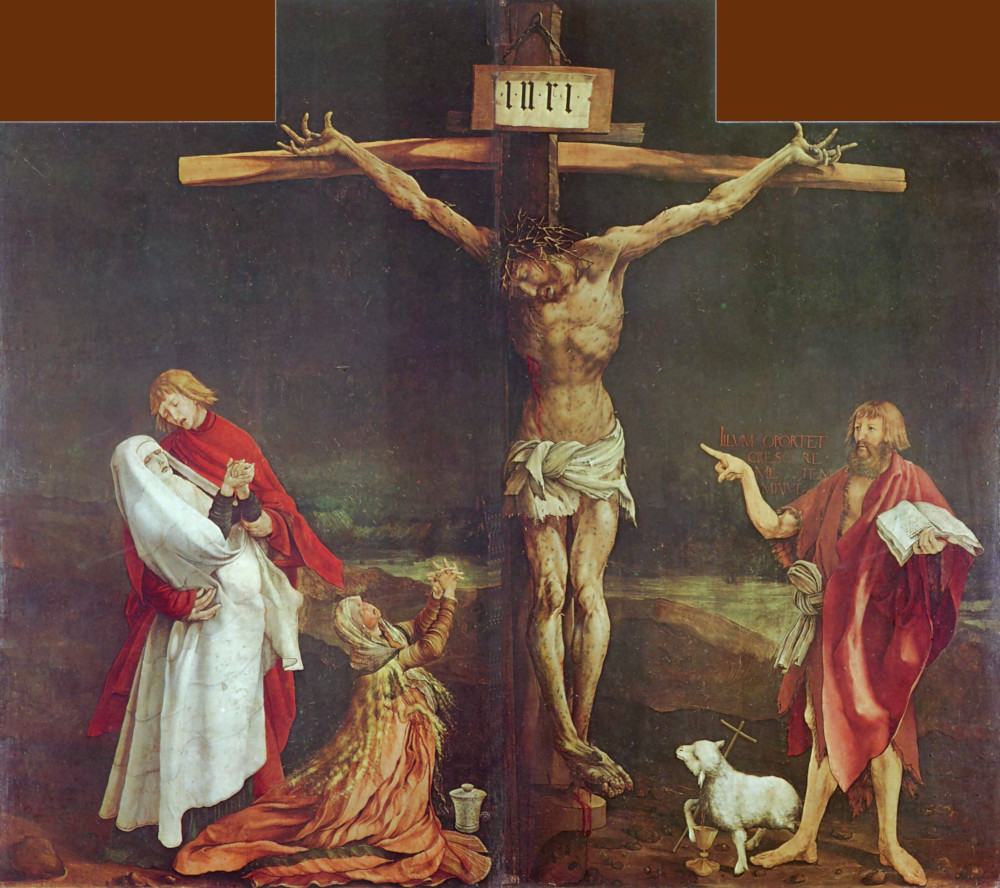|
Laughter is the closest thing to the grace of God.
– Karl Barth
The beginning of love is the will to let those we love be perfectly themselves, the resolution not to twist them to fit our own image.
– Thomas Merton
Take your Bible and take your newspaper, and read both. But interpret newspapers from your Bible.
– Karl Barth
Life is this simple: we are living in a world that is absolutely transparent and the divine is shining through it all the time. This is not just a nice story or a fable, it is true.
-Thomas Merton
Joy is the simplest form of gratitude.
-Karl Barth
Peace demands the most heroic labor and the most difficult sacrifice. It demands greater heroism than war. It demands greater fidelity to the truth and a much more perfect purity of conscience.
– Thomas Merton
To clasp the hands in prayer is the beginning of an uprising against the disorder of the world.
-Karl Barth
The greatest need of our time is to clean out the enormous mass of mental and emotional rubbish that clutters our minds.
-Thomas Merton
Grace and gratitude belong together like heaven and earth. Grace evokes gratitude like the voice an echo. Gratitude follows grace like thunder lightning.
-Karl Barth
To say that I am made in the image of God is to say that love is the reason for my existence, for God is love. Love is my true identity. Selflessness is my true self. Love is my true character. Love is my name.
-Thomas Merton
I haven’t even read everything I wrote.
– Karl Barth
|
Fifty years ago today
How’s this for holy coincidence? On this day, December 10 in 1968, two spiritual heroes died. Karl Barth and Thomas Merton both transitioned to eternal life on the same day in that tumultuous year. They were different from each other. I don’t know if they ever met. They came from different Christian traditions. They died on different sides of the globe. But for different reasons, I was formed by their writing, which reflected their faith and witness. Maybe we all were. We talk in the church about being surrounded by a great cloud of witnesses. These guys were cumulonimbus. Giants.
Karl Barth’s theology was shaped by the horrors witnessed in World War I. Years later, with Hitler’s rise to power, Barth joined the Confessing Church and he was chiefly responsible for the writing of the Barmen Declaration (1934), one of its foundational documents. In that document, Barth claimed that the Church’s allegiance to God in Christ gave it the moral imperative to challenge the rule and violence of Hitler. Barth was forced to resign his professorship at Bonn due to his refusal to swear an oath to Hitler. In two world wars, Karl Barth saw sin at work. That shaped his theology. But he also believed deeply in grace, the love of God from which we cannot be separated.
In 1941, Thomas Mentor entered the Order of Cistercians, the Trappists, at the Abbey of Gethsemani in Kentucky. His gifts as a writer were encouraged by the abbot. In addition to lots of translation work, Merton corresponded with people around the world, offering spiritual direction, showing affection for friends outside the community, and demonstrating ability to be fully engaged in the world even though he lived a cloistered life. Merton shaped a generation of faithful folks who sought connection between the contemplative life and action for justice and peace. He came to be a force for peace in a time when our nation was deeply divided by war. He explored pathways to engagement with other faith traditions, part of that work for peace.
Both Barth and Merton, each in his way, helped me see what grace is all about, and that it is all about grace. Even though one was cloistered in academia and the other in a monastery, both taught that a vision of grace does not remove a person from the world, but calls for deeper engagement to work for justice and peace.
Today, we give thanks for their lives, their witnesses, their ministries. We are challenged by their examples to bring the gospel of grace to a broken world. So celebrate their remarkable lives by reading some of what they’ve written (samples included above to pique your interest). Celebrate their lives by asking this question: How does our relationship with Christ shape your response to the needs of the world?
Karl Barth, who apparently never had an unexpressed written thought, did most of his writing at a small desk in his study in his Swiss home. Probably billions of words. Maybe trillions. Over the desk, he hung a print of John the Baptist from Grunewald’s Isenheim Altarpiece. That piece of art guided his writing. John (that great Advent figure) stands with arm extended, pointing beyond himself to Christ on the cross, where in the words of the hymn, love and sorrow flow mingled down. That was Karl Barth’s work: to point beyond self to Christ. I sense it was Thomas Merton’s vocation as well. How will you and I do that? May that be our work, our vocation this week.
at a small desk in his study in his Swiss home. Probably billions of words. Maybe trillions. Over the desk, he hung a print of John the Baptist from Grunewald’s Isenheim Altarpiece. That piece of art guided his writing. John (that great Advent figure) stands with arm extended, pointing beyond himself to Christ on the cross, where in the words of the hymn, love and sorrow flow mingled down. That was Karl Barth’s work: to point beyond self to Christ. I sense it was Thomas Merton’s vocation as well. How will you and I do that? May that be our work, our vocation this week.
-Jay Sidebotham
 Contact:
Contact:
Rev. Jay Sidebotham
jsidebotham@renewalworks.org
RenewalWorks is a ministry of Forward Movement.
www.renewalworks.org

